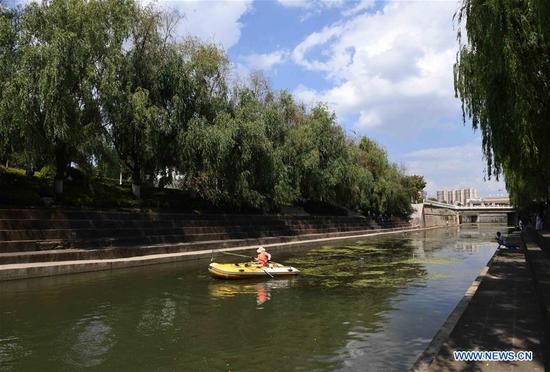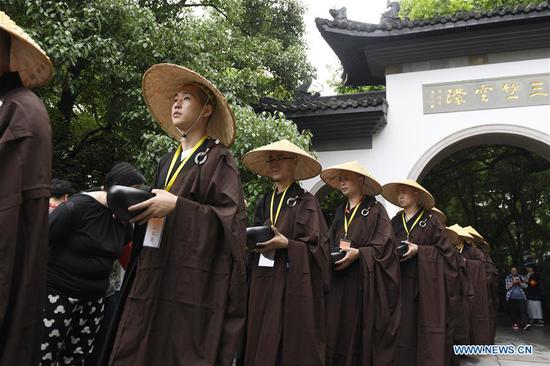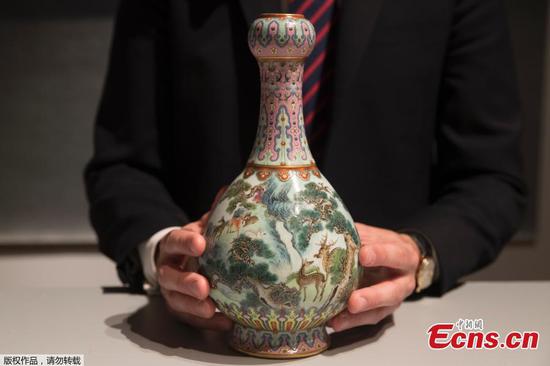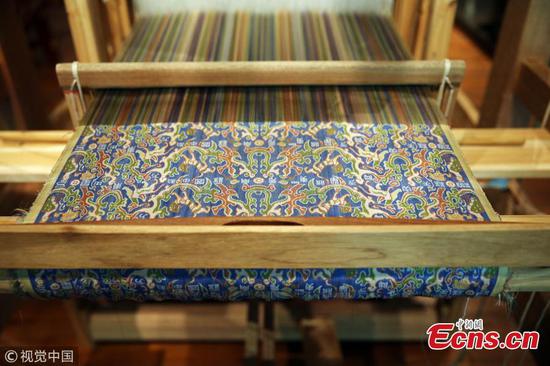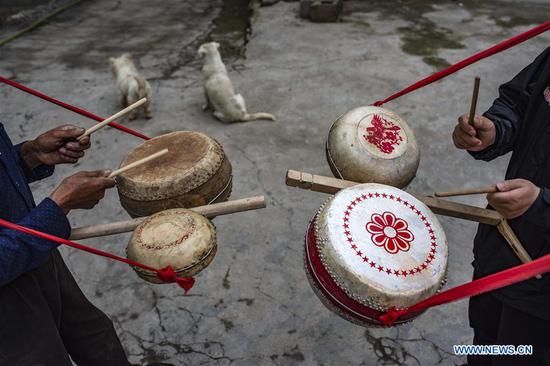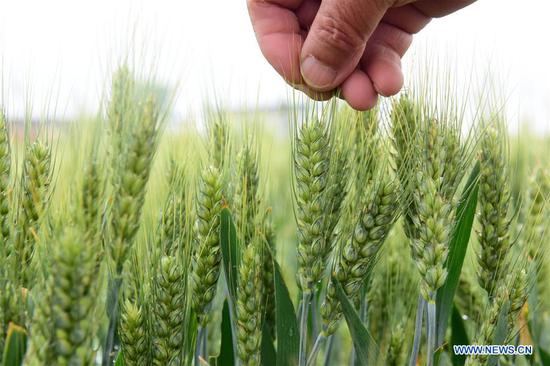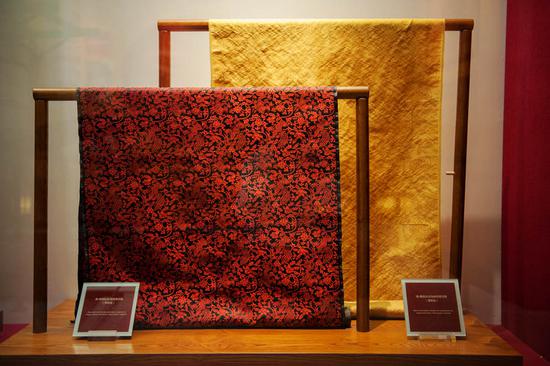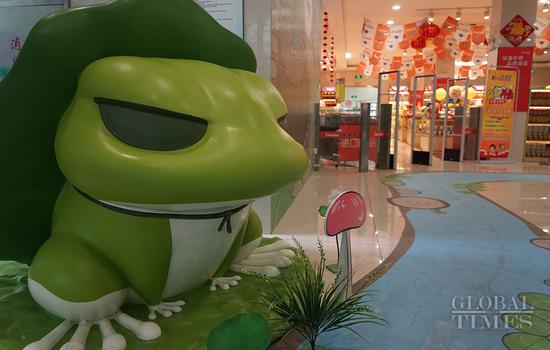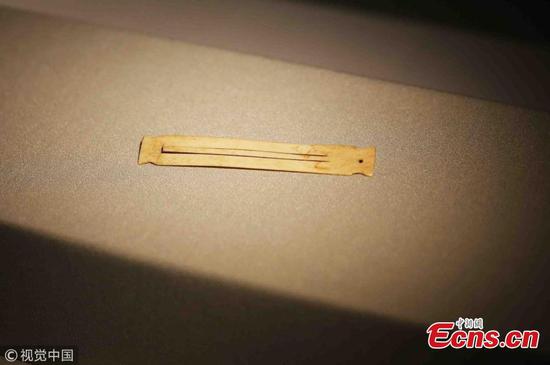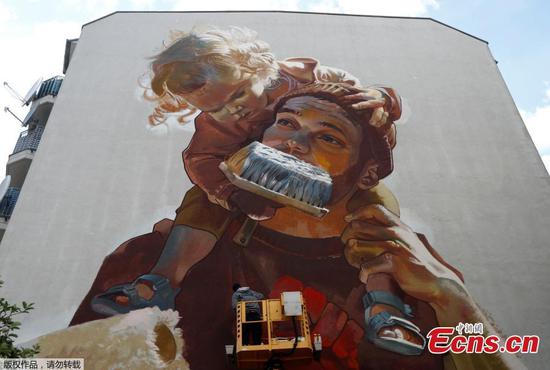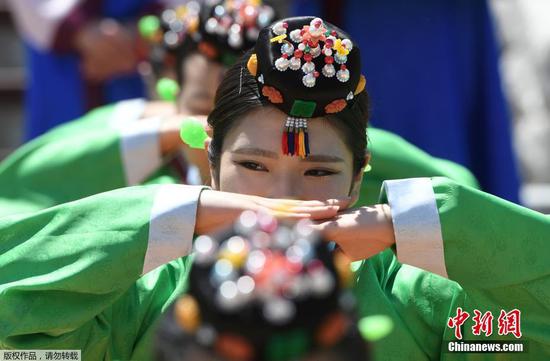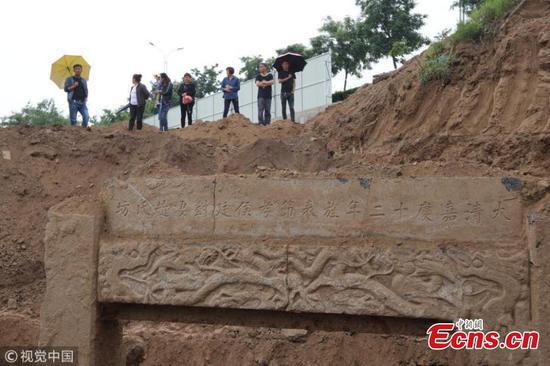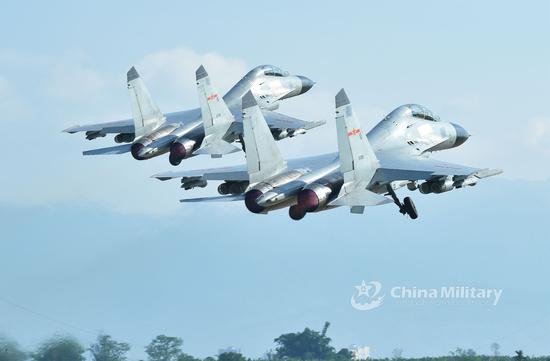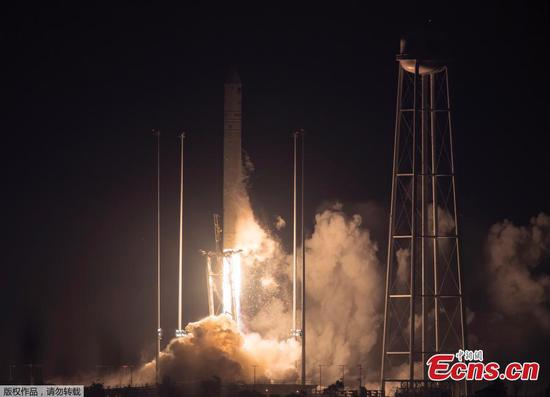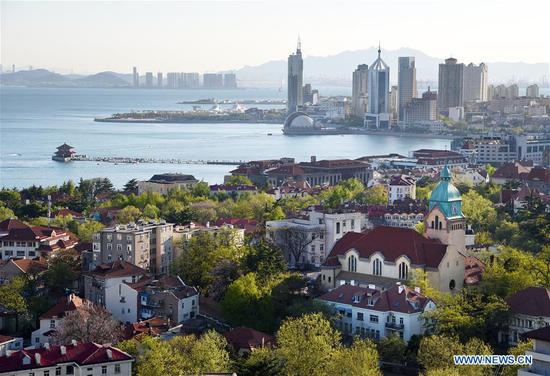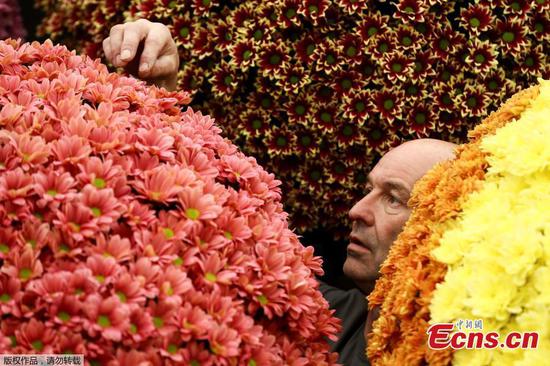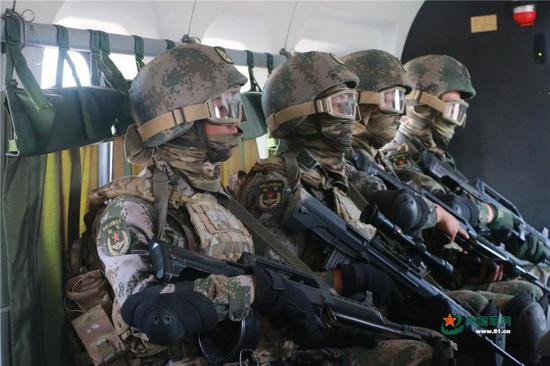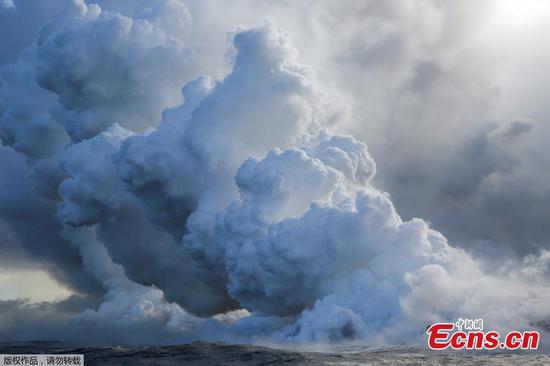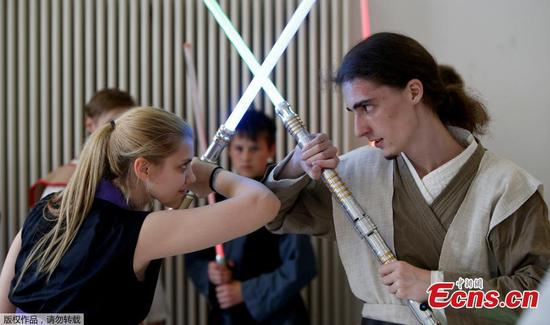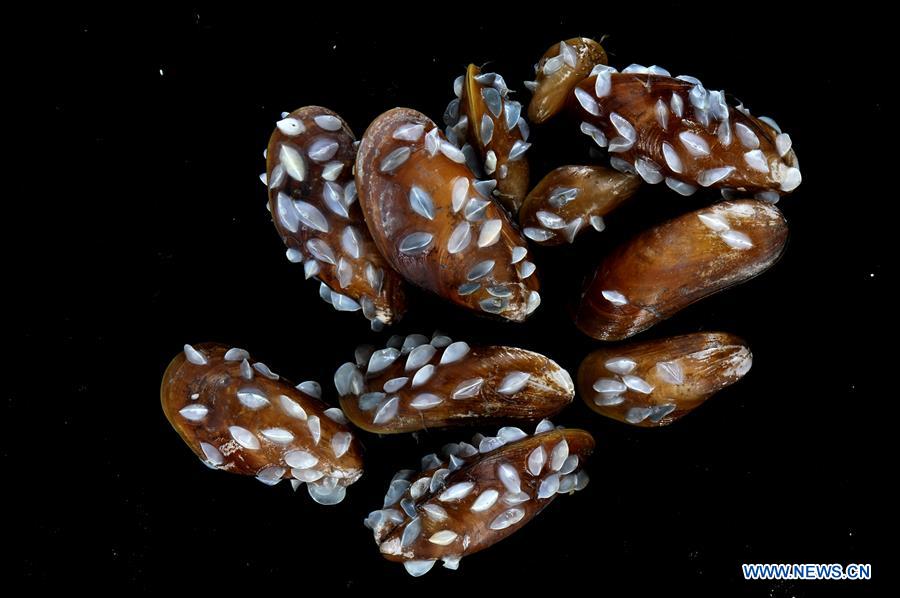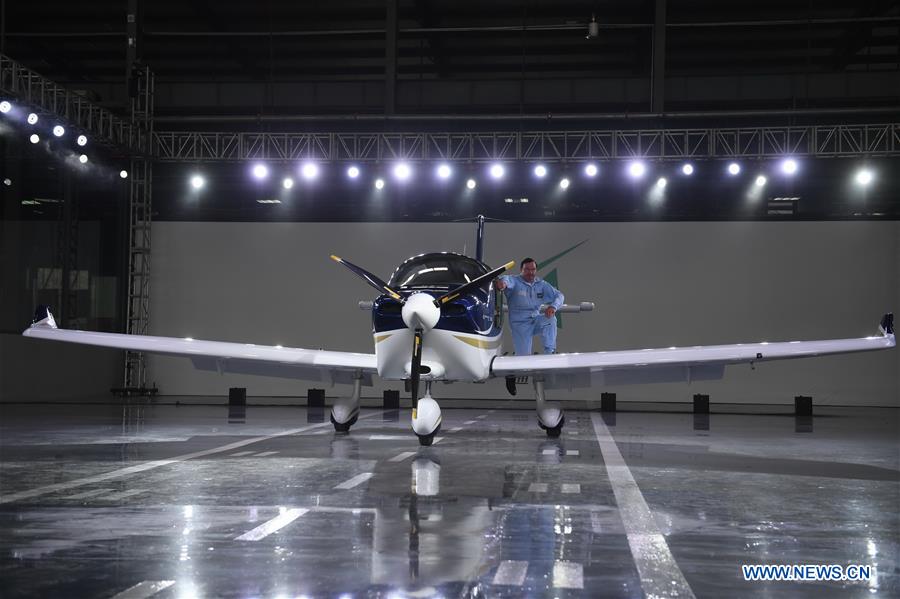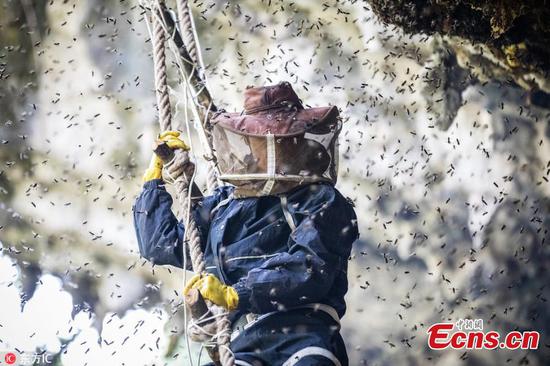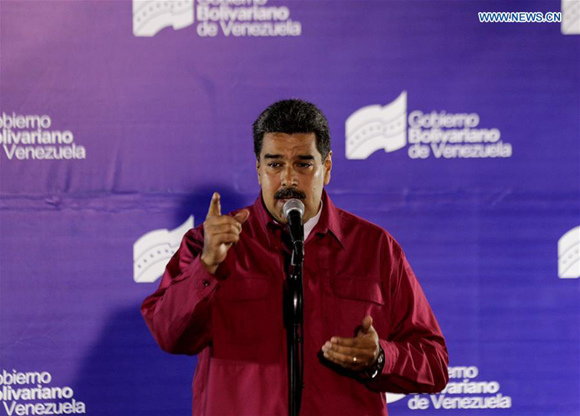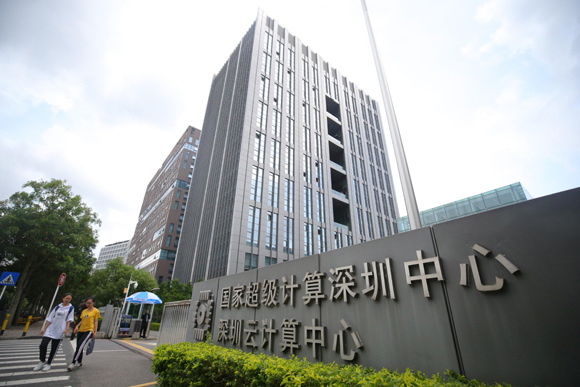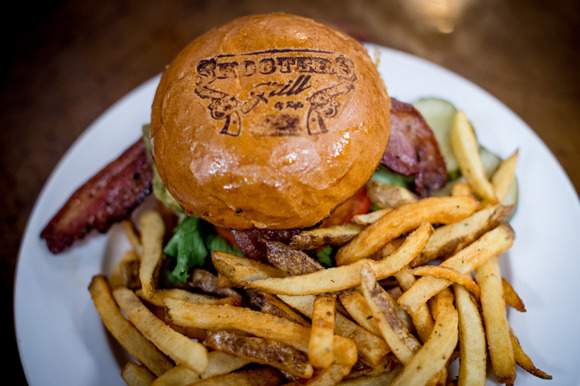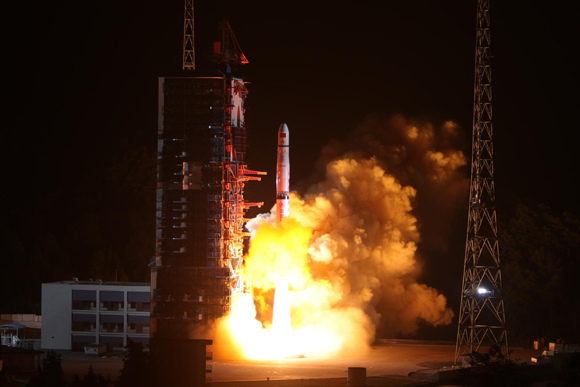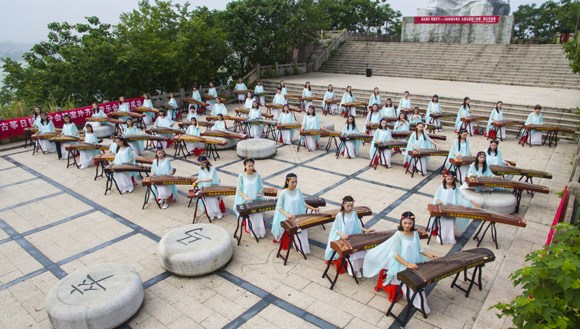China may not have made it to this year's World Cup, but in some form it will still have a presence in every stadium, at every game.?
Despite repeated pledges to fight fake goods, e-commerce giant Alibaba is set to be a major conduit for fake football jerseys ahead of this year’s tournament.
The 2018 FIFA World Cup kicks off in Moscow in less than one month, and football fans from around the world will be looking to show their support to their national sides.
However, with the official Nike Brazil shirt priced at 165 US dollars through FIFA, many soccer fans will feel they have no choice but to look for cheaper alternatives. For many of them, Alibaba’s platforms Taobao and AliExpress will be the first port of call.
China’s unwanted role off the pitch
For the 2010 World Cup in South Africa, China Daily reported that around 100,000 fake jerseys had been sold online, while figures reported by Chinese media around the 2014 World Cup in Brazil painted an even worse picture.
In Shenzhen alone, the two months prior to the 2014 tournament saw the China Customs Administration seize some 520,000 related goods, worth an estimated 1.7 billion yuan (266.4 million US dollars).
Altogether, some seven million World Cup-related fake items bound for overseas were seized by Chinese authorities nationwide.?
It is impossible to verify how many fake goods made it through the net and on to the backs of supporters celebrating in Sao Paulo and elsewhere.?
However, the scale of the problem is so big that earlier this month Adidas CEO Kasper Rorsted told CNBC up to 10 percent of its branded products sold online and in stores in Asia were counterfeit, calling it "a big problem for our industry."
Four years on, Chinese customs are yet again busy preventing the export of fake goods. Xinhua reported last month that customs had prevented a shipment of 4,000 fake World Cup goods from leaving Shenzhen, while Hangzhou officials prevented 300 fake footballs from being sent overseas.
Taobao sellers: ‘We can add the logo’
Alibaba announced on Monday via its annual IP protection report that its fight against fakes led to the arrest of 1,606 people last year, with 1,910 fraud cases involving 4.3 billion yuan (674.5 million US dollars) worth of counterfeit goods.
However, a simple investigation by CGTN showed that it remains all too easy to buy counterfeit World Cup jerseys from its platforms, both domestically and internationally.
On Taobao, a wide range of replica shirts are currently available at prices as low as 35 yuan (5.48 US dollars). While advertised without team badges or brand logos to comply with the platform’s IP regulations, privately messaging the seller reveals otherwise.
CGTN contacted five different merchants through Taobao’s mobile app, all of which confirmed they could add any name, number or sporting brand logo (Nike or Adidas) to the shirts for a small fee, a move which would infringe Chinese and international law on copyright protection.
The same issues arise on Alibaba’s international e-commerce platform, AliExpress. World Cup jerseys are available for prices as low as 9.88 US dollars, again without any branding, official logos or player names.
CGTN spoke to several sellers, some of whom asked for private contact information away from the AliExpress platform. Via email, the sellers sent pictures of available fake World Cup shirts with Nike or Adidas logos.
The fake shirts available are a hit with overseas football fans, with one commenter on Reddit claiming the quality is so good that the shirts even pass “getting inspected by customs.”
Alibaba has established an IP Protection Platform which it claims uses data technology to analyze and remove fake listings from its platforms within 24 hours.
However, the platform is only accessible to sellers and buyers, and emails sent by CGTN to the platform concerning the fake goods were not responded to. Taobao, AliExpress and Alibaba Group also refused to respond to separate requests for comment on this story.
Alibaba is not the only e-commerce company to struggle with counterfeit goods. Amazon has been the subject of several lawsuits by major brands for failing to prevent the sale of fake products through its Marketplace, a platform for third-party sellers.
Online auction site eBay has also been accused of allowing the sale of fake goods on its website, despite last year launching its own third-party appraisal platform, Authenticate.
By Nicholas Moore













